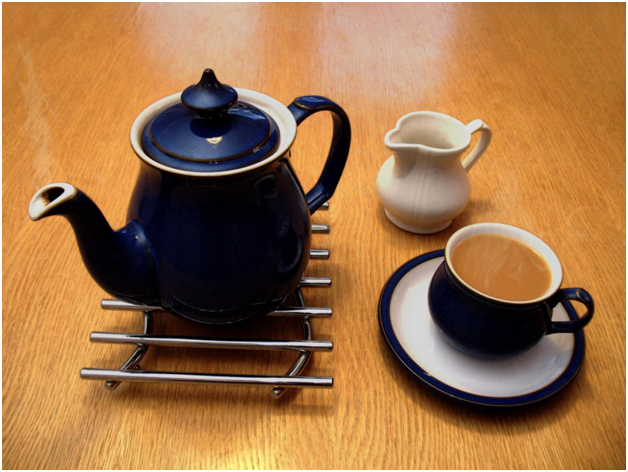Rugby players, like all athletes, need to ensure their diet and nutrition fully supports their body both on and off the pitch. Here is a look at some simple diet and nutrition tips for rugby players.

Keep it simple
Instead of looking for pseudoscientific answers or following the latest fads, keep things simple. Every meal should contain plenty of fresh vegetables; a simple source of protein such as eggs, lean meat, fish or lentils; and some wholegrain carbs such as rice, pasta, bread or potatoes.
Protein helps build and repair muscles, so it is arguably more important for athletes such as rugby players than members of the general public. Be sure to include it with every meal. Instead of weighing and calculating everything out, simply aim for your plate to contain one-third vegetable, one-third protein, and one-third carbs.
Don’t get too bogged down in ensuring you have enough of certain micronutrients or vitamins. As long as you change the protein source and vegetables for each meal, you will more than likely be getting everything you need. Avoid getting too bogged down by the ‘eat clean’ fad; simply choose food that is the truest to its original form. For example, a jacket potato is better than a plate of chips and a pork chop is superior to sausage, but everyone – even athletes – can consume a small amount of processed food without seeing a negative impact.

When to eat
Now that you understand that the most important thing is to keep it simple, you need to consider when you should eat. Eat at least 30 minutes (but up to two hours) ahead of a match or a training session; avoid eating a large amount of food directly beforehand or playing on an empty stomach.
It’s much easier to get the most out of rugby training drills like those found at https://www.sportplan.net/drills/rugby when you have eaten a filling meal around an hour earlier. On match day, you may well need a small, energy-rich snack or drink to sustain you, at either half time or after the warmup.
As you can see, it’s easier than you think to eat well when you’re a rugby player. Just keep it simple, avoid too much-processed food, and ensure you have enough fuel for match day.

